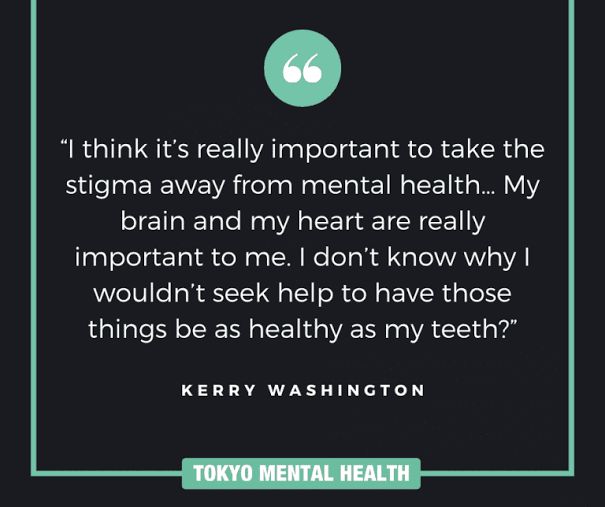25 July 2023 by Sarah Ansari
We are currently living in a time of knowledge, awareness, and massive communication. No doubt knowledge creates power, enlightening the minds with various types of information. Information also helps people to make choices in accordance with their own requirements.
For ages, the word ‘therapy’ has been associated with a stigma of shame which still needs to be worked on. Yes, people are becoming more accepting of taking counseling sessions but still, shame encapsulates taking therapy. A lot of people come to me putting labels on people who need therapy. In this article I would like to delve into the roots of this shame surrounding therapy and explore ways to dismantle it, fostering a more open and accepting society.
1. Origins of shame

Shame around society usually stems from the limiting beliefs which have been passed through generations. We live in a world that glorifies self-sufficiency and places a premium on appearing strong and invulnerable. Seeking therapy can be seen as a sign of weakness or failure, leading individuals to feel ashamed for needing help with their mental health.
2. Belief System/ breaking the myths
I have encountered people who believe that people should vent out only in front of God to remove trauma or any kind of burden. I truly agree with this belief system giving inner spiritual strength. God himself created a network of people who help one another in the community. Both sharing with God and His creation can benefit provided one shares with the right professional help, not with everyone. It is similar to not taking medicine and asking God to remove the severe pain. At times one needs to take action toward treating physical ailments.

We can normalize therapy by educating the public about the diverse range of individuals who take therapy, including successful professionals, celebrities, and athletes who can normalize the practice and demonstrate that therapy is not exclusive to those with severe mental health issues.
3. Normalising Self Care

Self-care through counseling sessions is as important as taking medicines regularly or going to the gym or practicing for any subject before exams. Normalizing therapy as a routine practice can help remove the shame associated with seeking professional help.
4. Encouraging open conversations/creating a safe environment
We need to have groups where people can share their experiences of therapy with others. Seeing is believing for sure which needs to be put forward in the form of results and benefits from the therapy. People who have evolved can share their stories of personal growth experientially. We can inspire others to seek the support they need without feeling ashamed or judged.

Conclusion
The shame surrounding ‘therapy’ is a societal construct that needs to be dismantled. By challenging misconceptions, fostering open nonjudgmental conversations in a secure environment, normalizing self-care, and advocating for mental health we can create a culture that embraces therapy as a powerful ground for personal empowerment and emotional well-being. Together we can break the shackles of shame, enabling people to seek the support they deserve without fear and judgment.

salams
very well written, precise and facts based, It is very important to ‘ DISMENTAL’ it otherwise it will be a life long barrier for person’s own life.
Best Regards
I&ME WORKTOGETHER
for all states of mind
Grow & Glow with your inner self